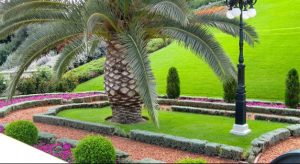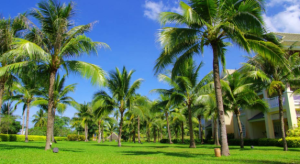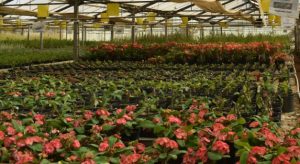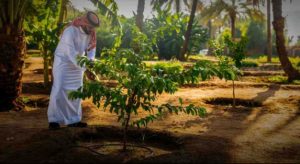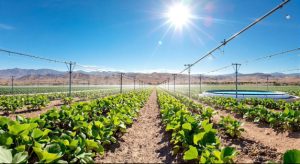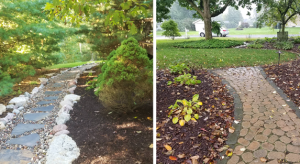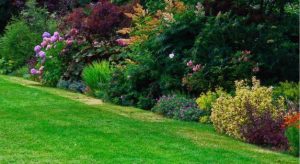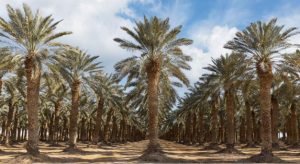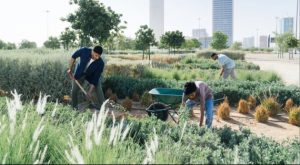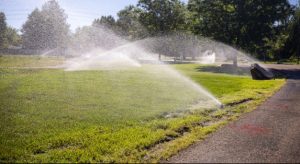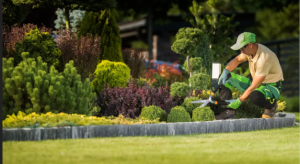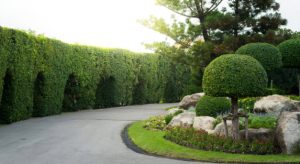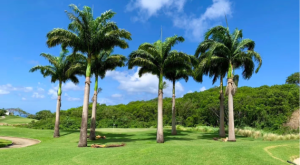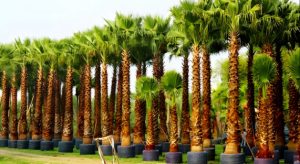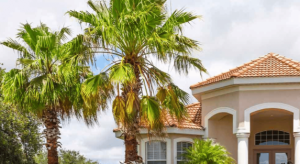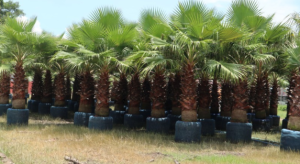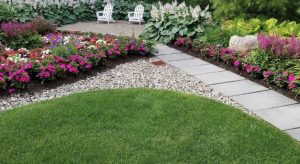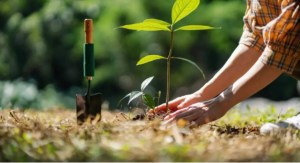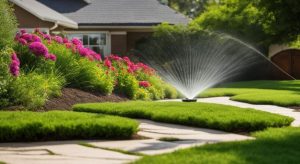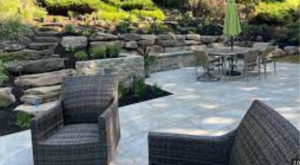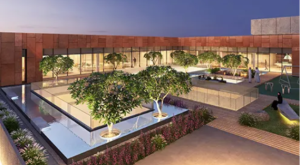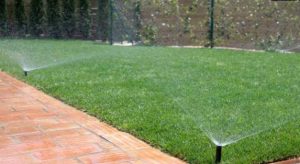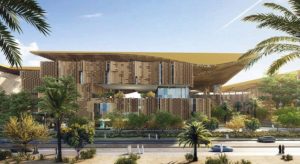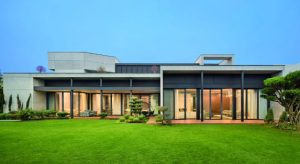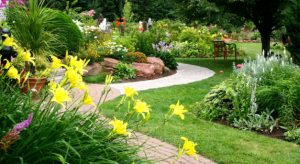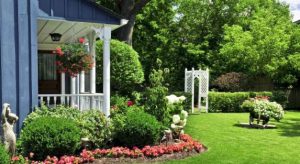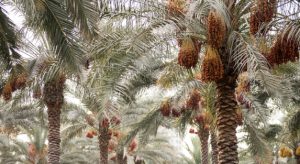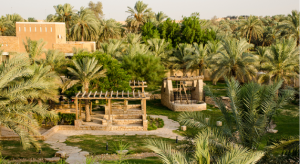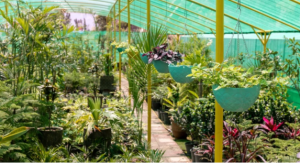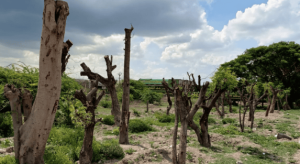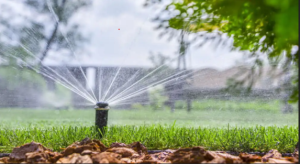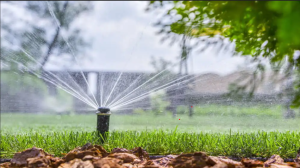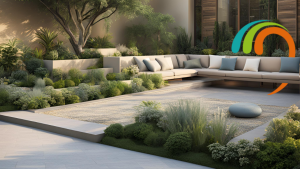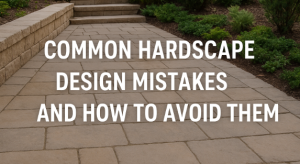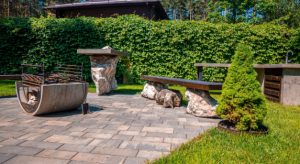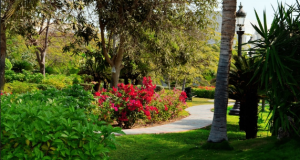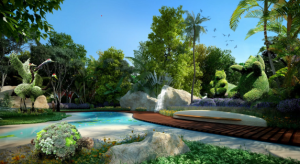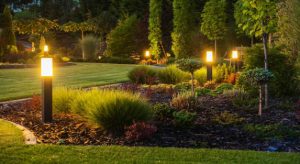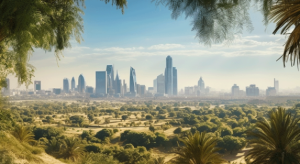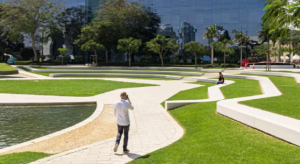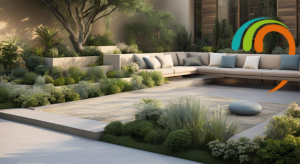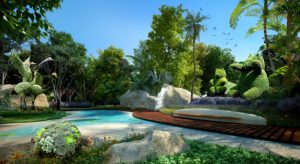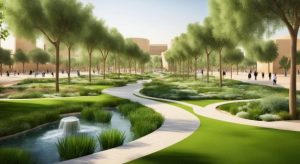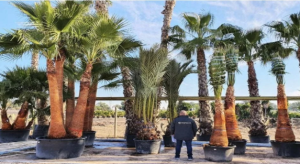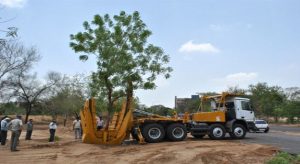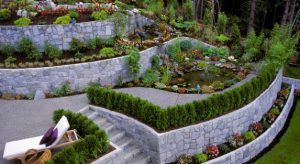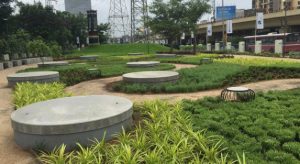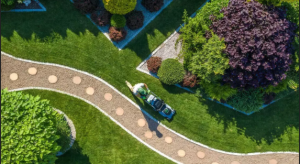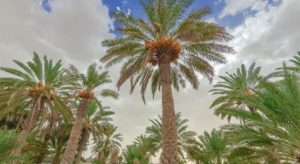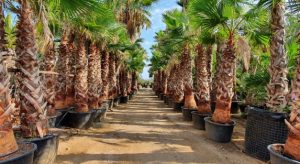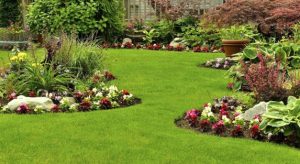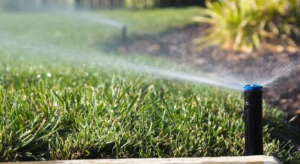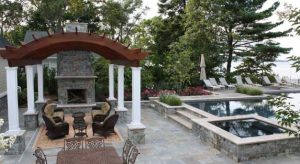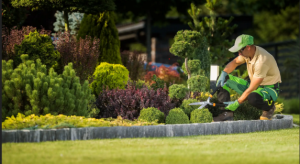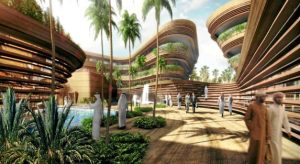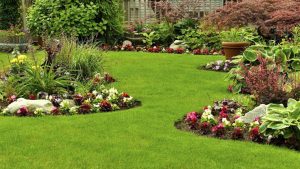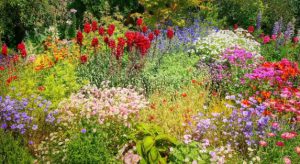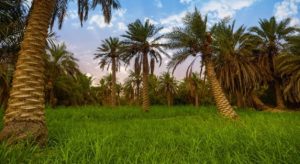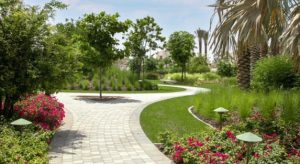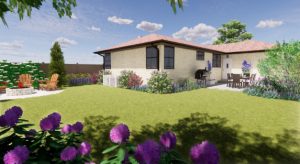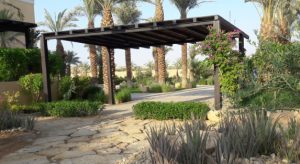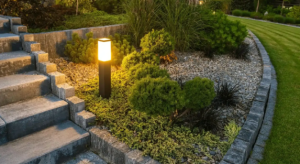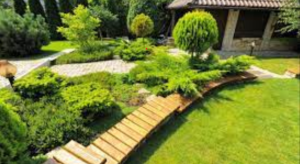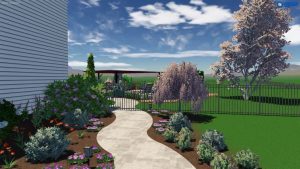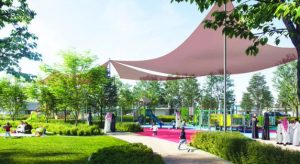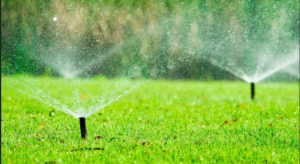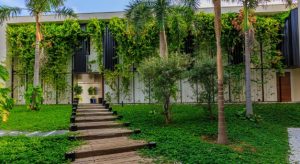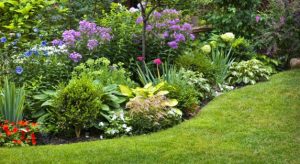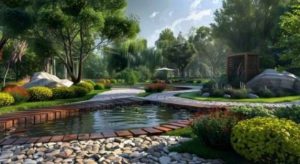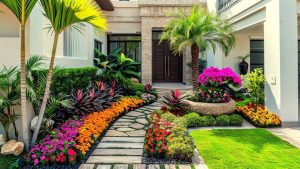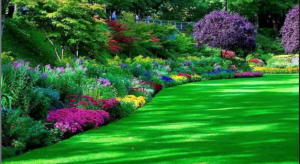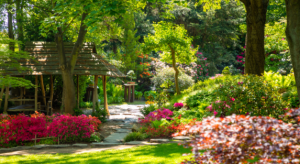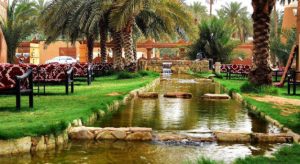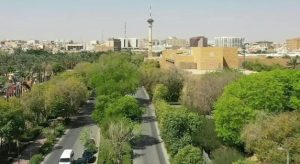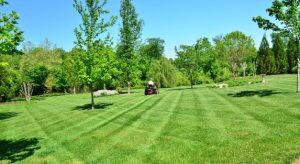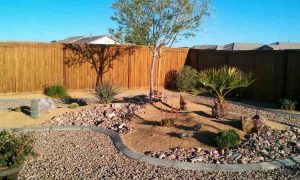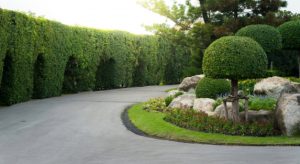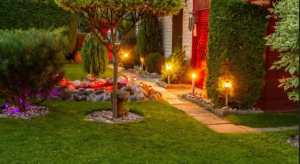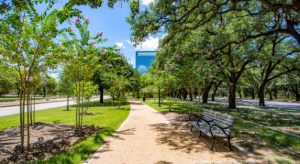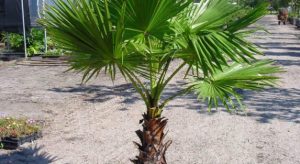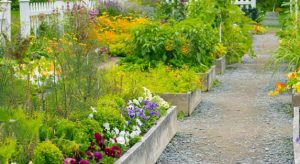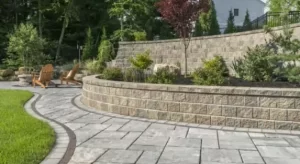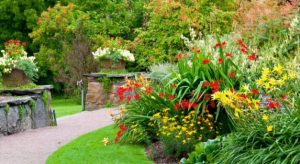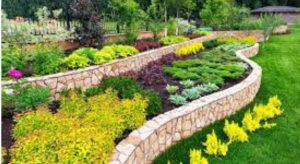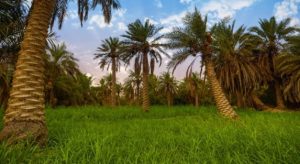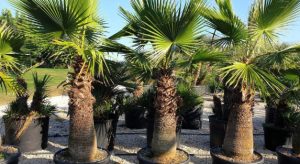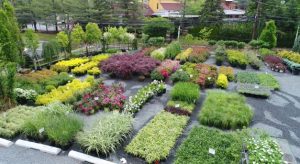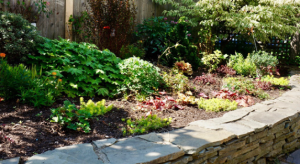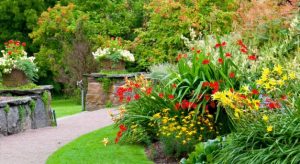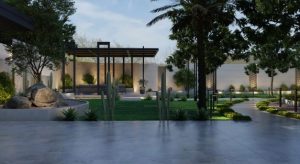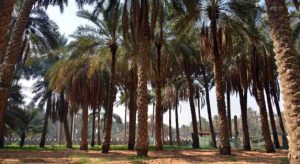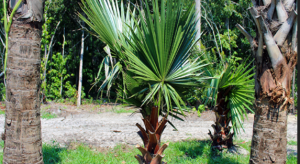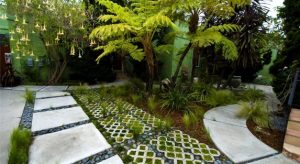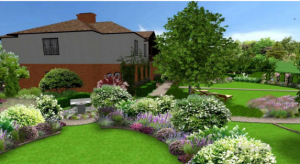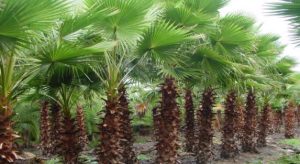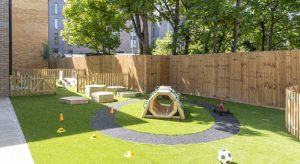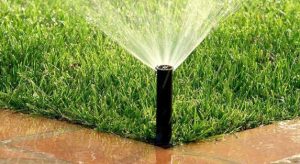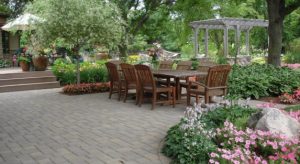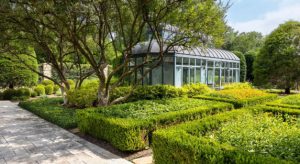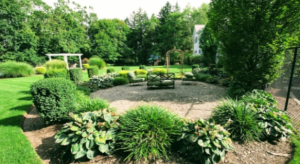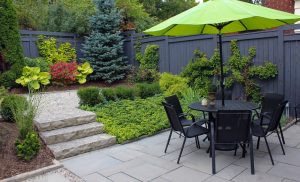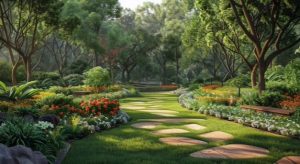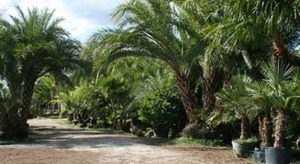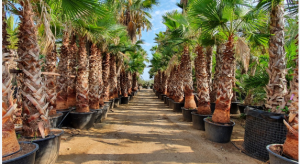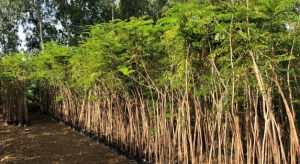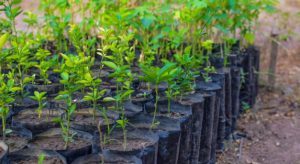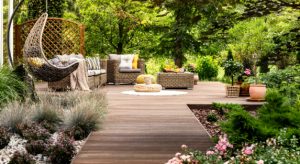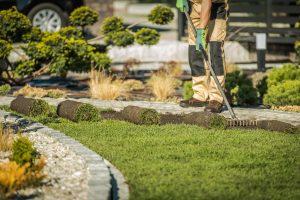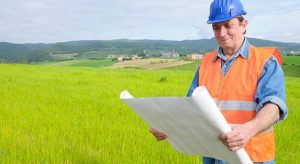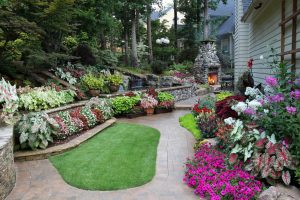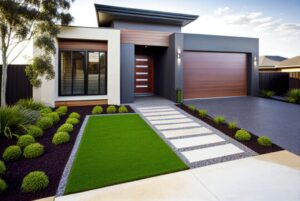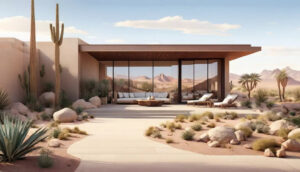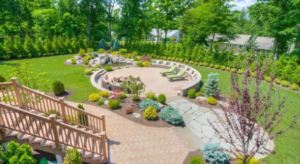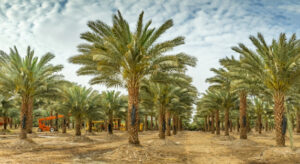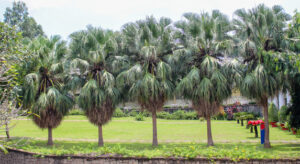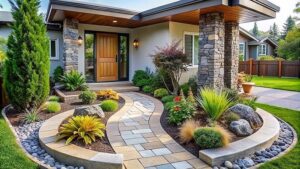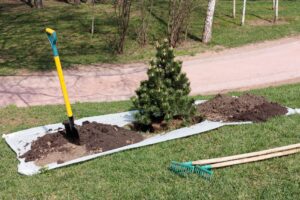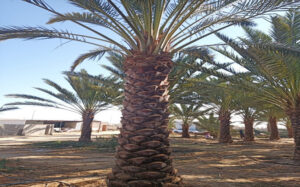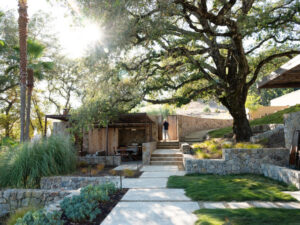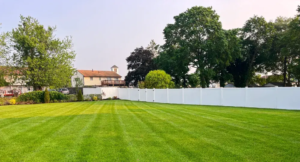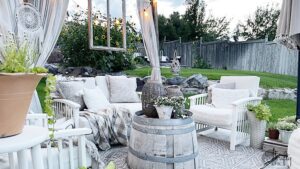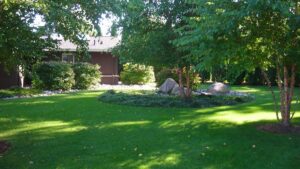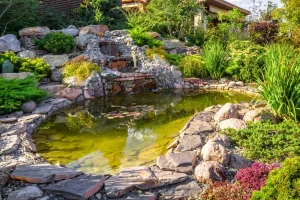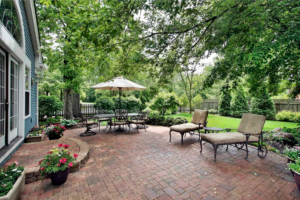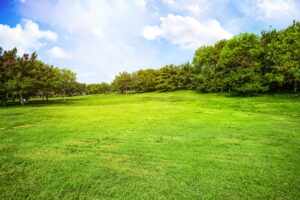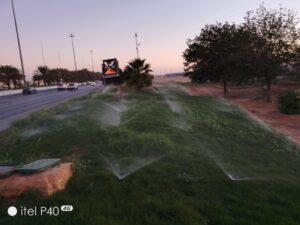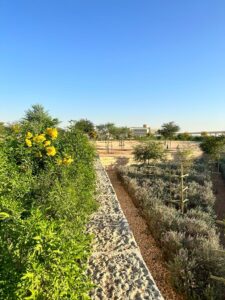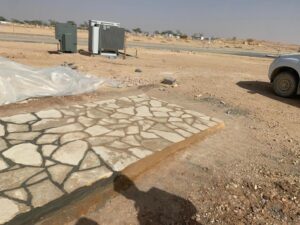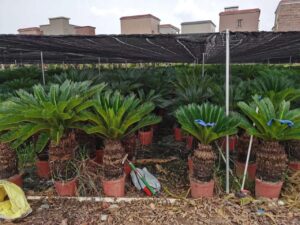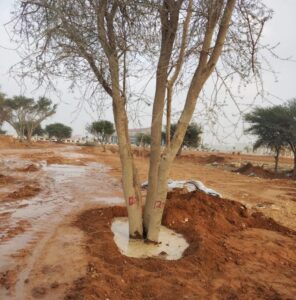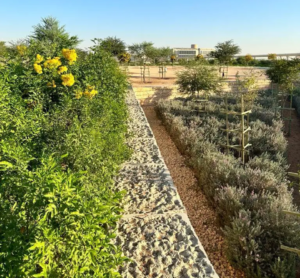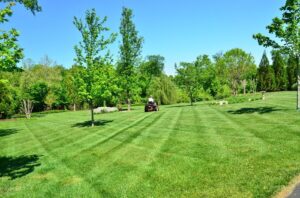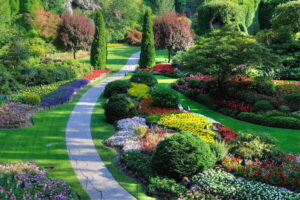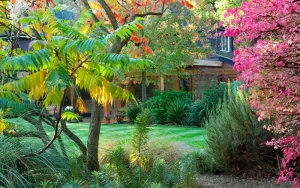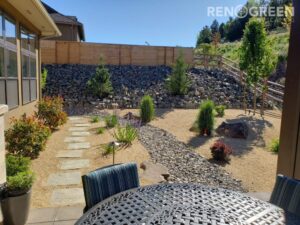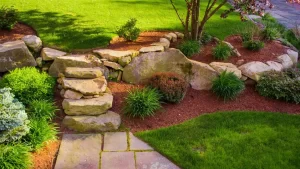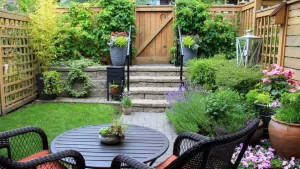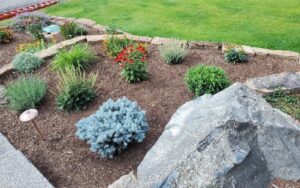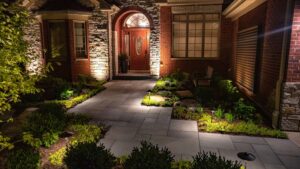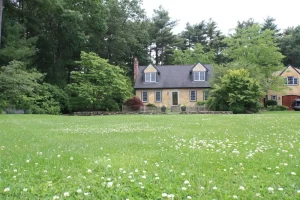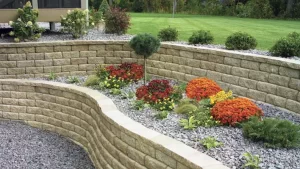The Role of Landscape Contractors in Saudi Arabia’s Urban Development
11 June, 2025
Saudi Arabia, a land historically defined by vast deserts and stark beauty, is undergoing an unprecedented transformation. Under the visionary guidance of Crown Prince Mohammed bin Salman and the ambitious framework of Vision 2030, the Kingdom is rapidly evolving into a global hub of innovation, tourism, and sustainable living. At the heart of this metamorphosis lies a burgeoning appreciation for green infrastructure, and with it, the indispensable role of landscape contractors in Saudi Arabia. These unsung heroes are not merely planting trees and laying turf; they are shaping the very fabric of urban life, fostering well-being, and meticulously crafting the verdant future of the nation.
Vision 2030: The Catalyst for a Greener Tomorrow
The sheer scale of Saudi Arabia's urban development projects under Vision 2030 is staggering. From the futuristic marvel of NEOM, with its linear city "The Line" and mountain resort "Trojena," to the luxury eco-tourism destination of The Red Sea Project and the ambitious "Green Riyadh" initiative, the Kingdom is investing trillions in creating sustainable, livable, and globally competitive cities. This grand vision extends far beyond concrete and steel; it deeply embeds the concept of "humanizing" urban environments, placing green spaces and quality of life at the forefront.
This paradigm shift has created an unprecedented demand for expert landscape contractors. No longer a mere afterthought, landscaping is now integral to urban planning, influencing everything from microclimates to public health. These contractors are the implementers of this green revolution, translating grand architectural visions into tangible, breathable, and beautiful realities.
Beyond Aesthetics: The Multifaceted Roles of Landscape Contractors
The work of landscape contractors in Saudi Arabia is far more complex and crucial than simply enhancing visual appeal. Their responsibilities span a wide spectrum, encompassing design implementation, sustainable practices, and long-term maintenance, all while navigating a unique and challenging environment.
1. Bringing Designs to Life: Landscape architects conceive the grand designs – the sprawling parks, the intricate streetscapes, the inviting public plazas. It is the landscape contractor who possesses the practical expertise to translate these artistic blueprints into physical spaces. This involves everything from intricate earthworks and irrigation system installation to the careful selection and planting of flora, hardscaping, and the integration of lighting and outdoor furniture. They are the bridge between concept and reality, ensuring the architect's vision is executed with precision and technical prowess.
2. Champions of Sustainability: In a nation acutely aware of its precious water resources, sustainable landscaping is not just a trend; it's a national imperative. Landscape contractors are at the forefront of implementing water-efficient solutions. This includes:
- Xeriscaping: A key practice involving the selection of drought-tolerant, native, and adapted plant species that thrive with minimal irrigation. This not only conserves water but also integrates the landscape more authentically with the arid Arabian environment.
- Smart Irrigation Systems: The deployment of cutting-edge technology like IoT-based drip systems, soil moisture sensors, and weather-based controllers. These intelligent systems minimize water waste by delivering precise amounts of water exactly when and where it's needed, often in the cooler hours to reduce evaporation.
- Recycled Water Usage: The increasing utilization of treated sewage effluent (TSE) for irrigation in large-scale projects, further reducing reliance on potable water sources.
- Permeable Pavements and Rainwater Harvesting: Implementing solutions that allow rainwater to infiltrate the ground, replenishing aquifers and reducing runoff, contributing to the overall water management strategy.
3. Mastering the Climate Challenge: Saudi Arabia's extreme climate—characterized by high temperatures, intense sunlight, and minimal rainfall—presents significant challenges. Landscape contractors are adept at selecting materials and plants that can withstand these harsh conditions. This includes using heat-resistant hardscape materials, strategically placing shade structures, and creating microclimates through clever planting and water features that can reduce ambient temperatures. Their knowledge of resilient horticulture is paramount to the survival and flourishing of green spaces.
4. Long-Term Guardians of Green Assets: The role of a landscape contractor extends far beyond the initial installation. The ongoing health and vibrancy of green spaces depend heavily on consistent, expert maintenance. This includes irrigation management, pruning, pest control, fertilization, and general upkeep. For the massive urban parks and public spaces emerging across the Kingdom, efficient and sustainable maintenance programs are vital to ensure these investments continue to provide benefits for decades to come.
The Human Touch: Greening Lives, Not Just Spaces
While the technical aspects are crucial, the true impact of landscape contractors resonates on a deeply human level. Green spaces are not just environmental amenities; they are vital to the well-being and quality of life of residents.
Imagine a family strolling through a lush park in Riyadh, finding respite from the bustling city and the summer heat under the canopy of mature trees. Picture children playing freely in well-designed playgrounds, their laughter echoing amidst vibrant flowers. Envision communities gathering in shaded public squares, fostering social interaction and a sense of belonging. These are the human experiences that landscape contractors make possible.
Research consistently demonstrates the positive correlation between access to green infrastructure and improved physical, mental, and social well-being. Green spaces:
- Enhance Mental Health: Providing tranquil environments for relaxation, stress reduction, and connection with nature, which can lower blood pressure and improve mood.
- Promote Physical Activity: Encouraging walking, jogging, and outdoor recreation, contributing to healthier lifestyles and combating sedentary habits.
- Foster Social Cohesion: Creating communal hubs where people can interact, build connections, and strengthen community ties, especially important in rapidly urbanizing environments.
- Improve Air Quality and Reduce Urban Heat: Trees and plants act as natural filters, reducing pollutants and dust, while also mitigating the urban heat island effect, making cities more comfortable and breathable.
The "Humanization of Neighborhoods Initiative" under Vision 2030 explicitly aims to enhance urban quality of life, and landscape contractors are direct contributors to this goal. They are building not just parks, but vital arteries of urban life, ensuring that the rapid development of Saudi cities is accompanied by a genuine commitment to the happiness and health of their inhabitants.
Embracing Innovation: The Digital and Sustainable Frontier
The landscape contracting industry in Saudi Arabia is not immune to the Kingdom's drive for technological advancement. Companies are increasingly integrating smart solutions and innovative practices:
- BIM (Building Information Modeling): Utilizing 3D models for better collaboration, design accuracy, and project management, streamlining complex landscaping projects.
- Advanced Equipment: Employing automated machinery for earthworks, planting, and irrigation, enhancing efficiency and precision.
- Sustainable Material Innovation: Exploring and implementing eco-friendly materials for hardscapes, such as recycled composites, solar-reflective pavers, and aggregates that reduce carbon footprint.
- Vertical Gardens and Green Roofs: As urban density increases, these solutions are gaining traction, maximizing green space in limited areas, providing insulation, and improving air quality.
These technological adoptions are critical for meeting the ambitious timelines and quality standards of Saudi Arabia's mega-projects, while also ensuring environmental responsibility.
Skill Development and Localisation: Building a National Workforce
The rapid expansion of the landscape sector also highlights a growing need for a skilled workforce. Historically, much of the labor in this industry has been expatriate. However, in alignment with Vision 2030's "Saudization" (Nitaqat) program, there's a strong push to nationalize the workforce and develop local talent.
This means a greater emphasis on training and development programs for Saudi nationals in horticulture, irrigation engineering, sustainable design, and landscape maintenance. Companies that invest in skill-building initiatives and embrace Saudization will be best positioned to thrive in this evolving market. This localization not only aligns with national goals but also fosters a deeper understanding of local environmental nuances and cultural preferences, enriching the quality of delivered projects.
The Path Forward: A Flourishing Partnership
The role of landscape contractors in Saudi Arabia's urban development is evolving from a supporting function to a central pillar of national transformation. As Vision 2030 progresses, their expertise in sustainable practices, innovative technologies, and the art of human-centric design will only become more critical. They are the architects of a greener future, ensuring that the Kingdom's modern cities are not just efficient and technologically advanced, but also beautiful, healthy, and profoundly livable for generations to come. Their dedication, resilience, and commitment to creating vibrant outdoor spaces are truly "greening the Kingdom" – one tree, one park, one community at a time.
- Fountain and Waterfalls
- Gardening
- hardscape
- Irrigation system
- Landscape
- Lawn
- Nursery
- Palm Tree
- Plantation and Maintenance
- softscape
- Tree Transplanting
- Washingtonian Tree
Categories
Latest Post
- Fountain and Waterfalls
- Gardening
- hardscape
- Irrigation system
- Landscape
- Lawn
- Nursery
- Palm Tree
- Plantation and Maintenance
- softscape
- Tree Transplanting
- Washingtonian Tree




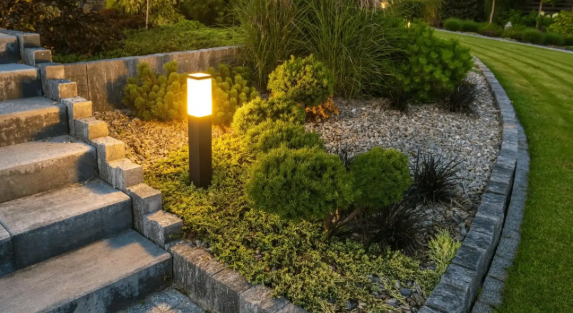
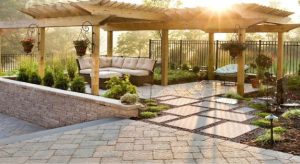
 .
.